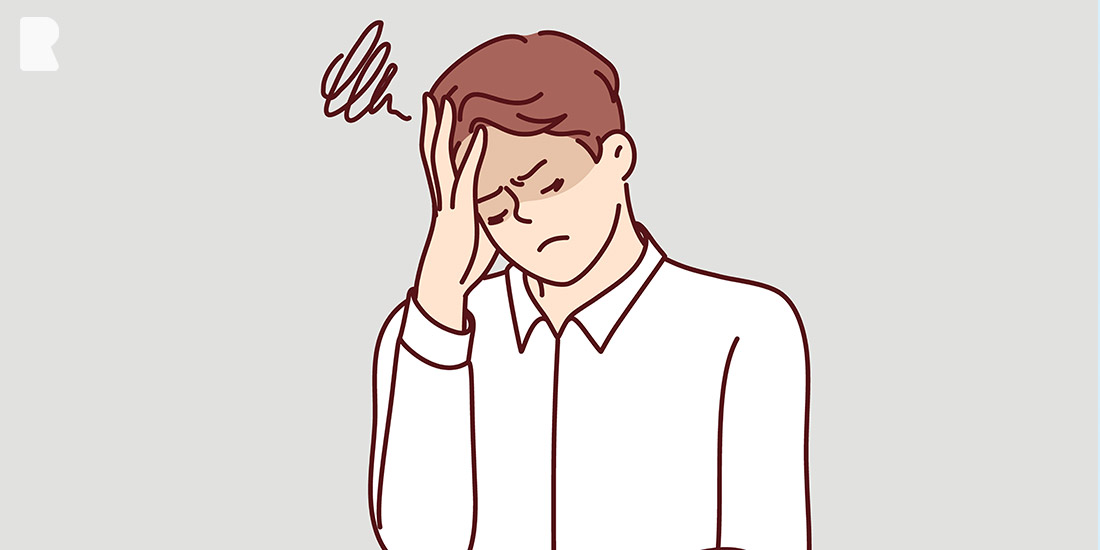This paper aims to explore the intricate relationship between Emotional Intelligence (EI) and Intelligence Quotient (IQ), focusing on how each construct affects individual cognitive abilities and behavioral patterns. Through a comprehensive analysis of existing literature and empirical studies, this paper seeks to understand the correlation and potential causal relationships between EI and IQ scores, providing insights into their implications for personal and professional development.
- Have you read these?
- Can IQ be improved?
- Why are some people smarter than others?
- What IQ is a genius?
Introduction
Emotional Intelligence (EI) and Intelligence Quotient (IQ) are pivotal constructs in psychology, each offering unique insights into human cognitive abilities and behaviors. While IQ primarily measures cognitive intelligence, including problem-solving abilities, logical reasoning, and mathematical skills, EI assesses an individual’s ability to perceive, understand, manage, and regulate emotions. The exploration of the correlation between these two constructs is crucial for a holistic understanding of human intelligence.
Theoretical Framework
Emotional Intelligence: Emotional Intelligence is a multidimensional construct encompassing the ability to perceive accurately, appraise, and express emotion; the ability to access and/or generate feelings when they facilitate thought; the ability to understand emotion and emotional knowledge; and the ability to regulate emotions to promote emotional and intellectual growth.
Intelligence Quotient: Intelligence Quotient, on the other hand, is a measure of cognitive intelligence derived from standardized tests designed to assess human intelligence. It encompasses various cognitive abilities, including memory, attention, language, problem-solving, and logical reasoning.
Methodology
To explore the correlation between EI and IQ, a comprehensive review of existing literature, empirical studies, and meta-analyses was conducted. The studies included in this review were selected based on their relevance, validity, and reliability, focusing on those that specifically explored the relationship between EI and IQ.
Findings and Discussion
Correlation between EI and IQ: The analysis of the reviewed studies reveals a moderate correlation between Emotional Intelligence and IQ scores. Individuals with high EI tend to exhibit enhanced cognitive abilities, better problem-solving skills, and improved logical reasoning, contributing to higher IQ scores. However, the correlation is not strictly linear, indicating the presence of other influencing factors.
Causal Relationships: While a correlation exists, establishing a causal relationship between EI and IQ is complex. High EI can contribute to improved learning and cognitive abilities, potentially leading to higher IQ scores. Conversely, individuals with high IQ scores may develop enhanced emotional understanding and regulation due to their advanced cognitive abilities.
Implications for Personal and Professional Development: Understanding the correlation between EI and IQ is pivotal for personal and professional development. High EI can contribute to better interpersonal relationships, improved mental well-being, and enhanced job performance, while high IQ is associated with academic achievement and professional success.
Conclusion
The comprehensive analysis of the correlation between Emotional Intelligence and IQ scores reveals a moderate, non-linear correlation between the two constructs. While high EI can contribute to enhanced cognitive abilities and potentially higher IQ scores, the presence of other influencing factors and the complexity of human intelligence make it challenging to establish definitive causal relationships. The insights gained from this analysis are crucial for fostering a holistic understanding of human intelligence and developing effective strategies for personal and professional development.














